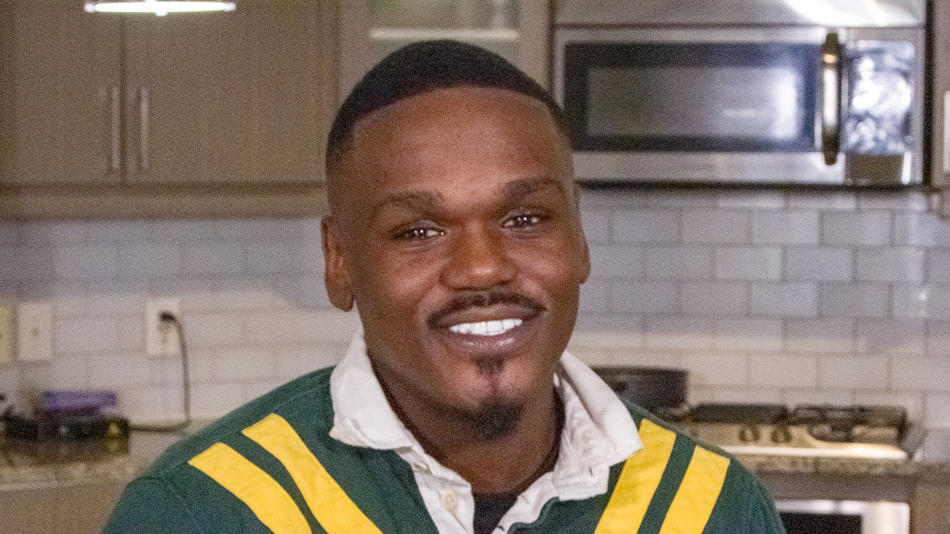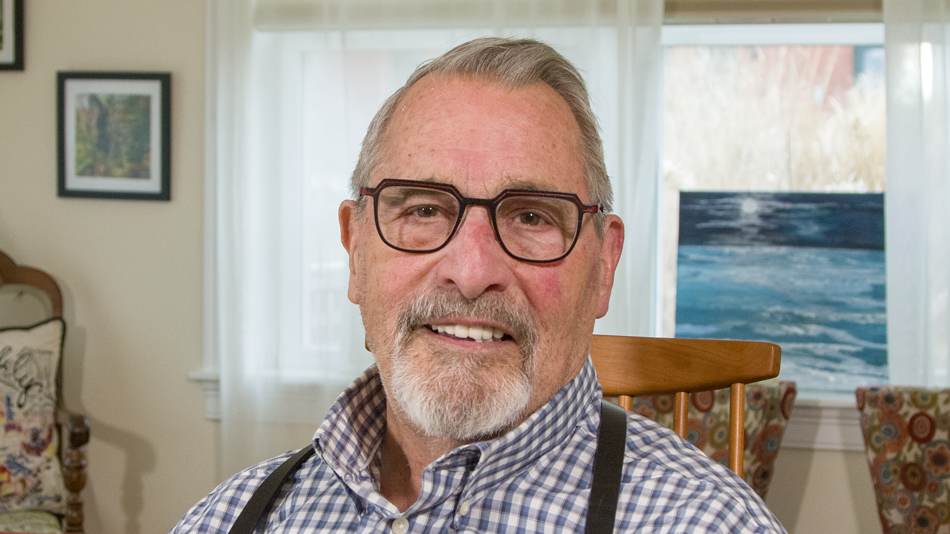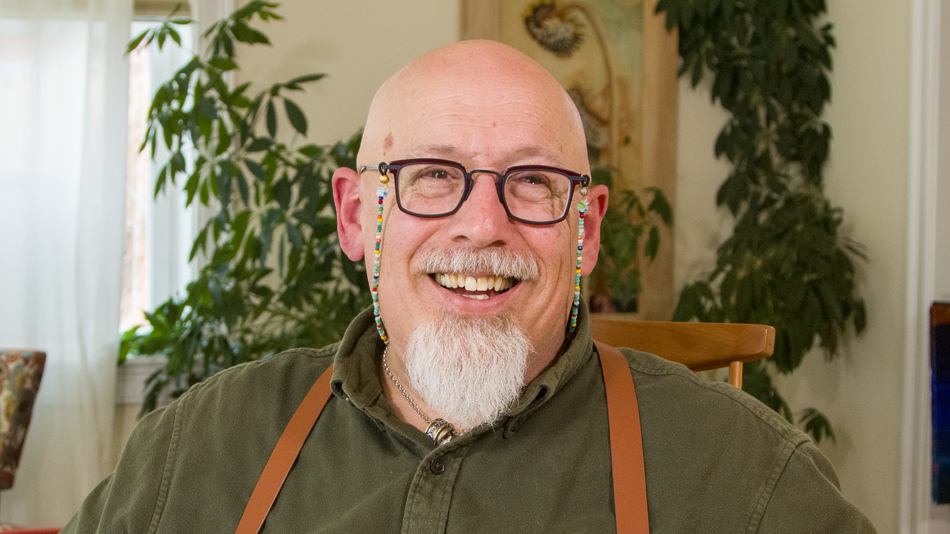
So as part of the “peer mentoring” program at my town’s reformed Jewish temple-cum-Hebrew school, I was leading a class discussion about marrying outside the faith. I was a junior in high school; my “students” were freshmen. We didn’t really do much mentoring, but that was what they called our weekly sessions in the empty preschoolers’ room and that’s how I described it in my college transcript. As a “peer mentor,” I was to help navigate my pupils’ moral compasses. That in itself was a nice idea, but just how far left or right I should point their compasses was another matter entirely.
I wasn’t fully out of the closet yet, though my close friends knew and the rest of my classmates could probably guess that I liked guys. The signs were all there: I’d just dropped Model UN so I could join the drama club; I’d traded in my American Eagle hoodies for French Connection button-downs from Nordstrom; a new, gayer lisp was replacing my earlier speech impediments, making my nasally whine of a pubescent voice sound even gayer. But while I was close to “out,” I was far from proud, hardly up for leading my class in a conversation about Judaism’s complicated relationship with homosexuality and notions of gay marriage.
In fact, I’d hoped that the “gay lesson” would teach itself once we hired a lesbian rabbi to start taking over for the Santa Claus lookalike who’d led services at my temple for longer than I’d been alive. Decked out in a beige pantsuit and sporting an early Beatles bowl cut, our dykey new rabbi was stern but understanding, pretty in a boyishly charming sort of way. It was my hope that before the marriage class, she’d lock eyes with me and surreptitiously nod, inviting me into her office where we’d presumably laugh at my naively heteronormative peers–perhaps over a bottle of Manischewitz wine.
Instead, I found myself facing a class of uninterested freshmen who’d suddenly perked up as I began describing my hypothetical marriage. Three mentors were assigned to a class, so I at least expected some backup. Instead, I turned and saw Mark and Lauren–two soccer fanatics who regarded gay people with the same amused unease as did most of the middle-class, reformed Jews in my town–sitting at a desk, chins resting on their hands, eagerly awaiting my vision of domestic Jewish bliss. I stood up, opened my mouth, then shut it again, now wishing I’d prepared notes. The sweat crawling down my temples probably betrayed my nervousness. I let a moment of silent pass, and began.
“If I had a Christian wife,” I began. I couldn’t help but stutter out the last word, “wife,” drawing out the “w” as though I were saying it for the first time. Mark let out a snort.
I whipped my head around to face him. “Stop,” I said, trying to grin amiably in an effort to mask my embarrassment. He grinned back, though I wasn’t sure whether there was malice in his smile.
I turned back to the class. “If I were married to a Christian,” I said, annoyed with myself for not phrasing it like that before, “I-I’d love her as much as I’d love someone Jewish.”
I didn’t say anything after that, but I knew I had to move on quickly–otherwise, one of the students might ask me a question. Any more elaboration on my hypothetical marriage might shatter the thin ice I was skating on. The image flashed in my mind: “Josh, how big would your wife’s breasts be? Tell me what you’d like most about them.” And so the inquisition would begin.
My one hope was to distract the class with visuals, the way you might try to calm down a panicked infant. I ran to the chalkboard and wrote in hasty capital letters:
FAMILY REACTIONS.
“So how might your family react if you married someone who wasn’t Jewish?” I asked. Perhaps this actually was an aspect of the lesson worthy of a lengthy conversation; perhaps it was the suddenness with which I wrote the words, or maybe it was the flamboyant squiggle I drew to underline them–whatever the reason, the class was into it. The first two hands shot up.
“Anger!”
“Disappointment!”
“Okay, good!” I made a t-chart and wrote the two suggestions in the column with the sad face. “Now what else? Something a little more positive, maybe?”
Daniel, my best friend’s younger brother, yelled out his answer without raising his hand. He was like that.
“Laughter?”
A few other students giggled. As I debated in which column amusement belonged, it occurred to me that the very discussion we were having about interfaith marriage could apply to coming out to your parents as well. With this in mind, I once again asked for a happier answer.
Mark blithely raised his forearm. “How about curiosity,” he said, and once again I couldn’t quite pin down his tone. Responding to the emotions I detected in other people is how I socialize with people outside of my group of friends, but Mark could was being either supportive or mocking–it wasn’t both, and I couldn’t tell which.
See, around the time of the interfaith lesson, I’d begun struggling with the usual coming-out-to-the-family questions: when was the best time to tell them? How would I bring it up? Should I wait until I had a boyfriend? I eventually came out to my parents the summer before my senior year of high school, but for a long time before then I was really torn up about it. So I guess I was hoping for some optimism from the class, I don’t know. But “anger” and “disappointment” were my two biggest fears about telling my parents–my dad especially–that I was gay.
“There we go,” I said in response to Mark’s answer. “And how about,” I wrote out the word as I said it, “ac-cep-tan-ce. Acceptance!” I turned once more to face the class; I met a chorus of puzzled faces. Even Daniel looked incredulous.
After a few moments of no one saying anything, Lauren finally spoke up. “Maybe they wouldn’t understand at first, or they might be angry at you for marrying a Gentile, but explaining the way you feel might get them to understand,” she said. A relieving comment! I was happy. I sat down at the table, my signal that the three of us should start to lead the class together.
“Easier said than done,” I said, claiming to play devil’s advocate but really thinking just that.
“But sometimes you’ve just got to do those things, even if it sucks while you’re doing it,” Mark said.
“I know, and you’re right, but some people’s beliefs are so deeply ingrained that–”
“Change those people’s minds! You love your wife. Well, she deserves your parents’ acceptance.” His eloquence caught me off guard.
“Yeah…yeah,” was all I could say to that.
Funnily enough, when I finally did come out to the folks, they were the ones to bring it up. They called me into their bedroom and asked if anything was bothering me. I hemmed and hawed.
My mom said it first. “Maybe about your sexuality?” She didn’t look pissed; she looked concerned that I was unhappy.
And all I could offer in reply was a sheepish “Yeah…yeah,” and a slowly growing grin. But this time, there could be no doubt about the emotions behind it.








Share